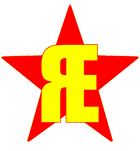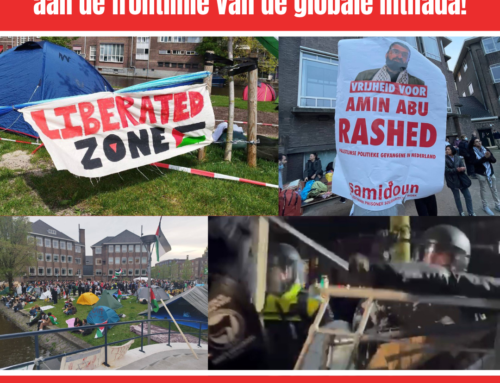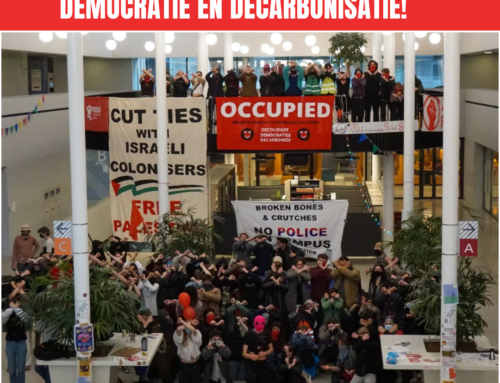The Democratic People’s Republic of Korea (or north-Korea) has been increasingly in the news in recent years. The country’s nuclear program, continued “executions” of political figures (who turn out to be alive a few weeks later), and the country’s authoritarian leader are all topics the western press love to report about.
But what is the country actually like? Why do the north-Koreans feel the need to produce nuclear weapons? And why are there two Koreas in the first place?
These are all questions that are left unanswered by the mainstream press and that can only be answered by studying the history of the Korean peninsula and visiting the country. Luckily for you, our speaker has done just that!
During this evening we will discuss the following topics and you get to hear the first-hand experiences from someone that has visited the world’s most demonized country.
We will talk about the following matters:
➠ A brief history of the Korean peninsula (why are there two Koreas?)
➠ The 1950s Korean War
➠ Current situation in the north and south
➠ Report back from the DPRK (what is the country like?)
➠ And the struggle for unification.
We will end our evening with a Q&A where you can ask all your questions.
About the speaker:
He is a Dutch activist with an interest in social history and anti-imperialist movements throughout history. He had the honor of joining the Belgium-Korea Friendship Association, lead by former Belgian politician Jozef Bossuyt, to the Democratic People’s Republic of Korea. Traveling to the DPRK through a friendship association (rather than a tour group) grants you access to places otherwise not commonly visited by tourists.
The event will be moderated by fellow Dutch activist Thomas van Beersum.
When: 15 september, 16:00-18:00u
Where: Studio/K, Timorplein 62, Amsterdam
SK4 // Entrance free – but guarantee yourself a spot by registering via the ticketlink.
Download de poster van het event hier
Zie ook het Facebook-event
This event is organized by Studio/K in co-operation with Revolutionaire Eenheid. Studio/K finds it important to facilitate critical discussions, but does not necessarily share the views and opinions of invited speakers, parties and/or organizations.






